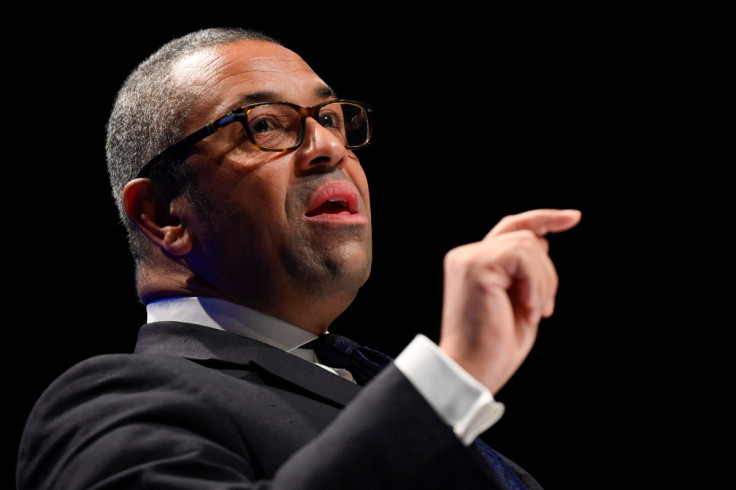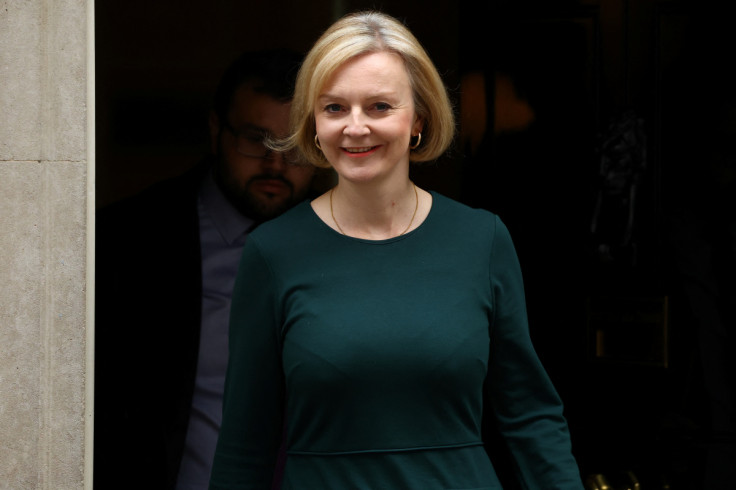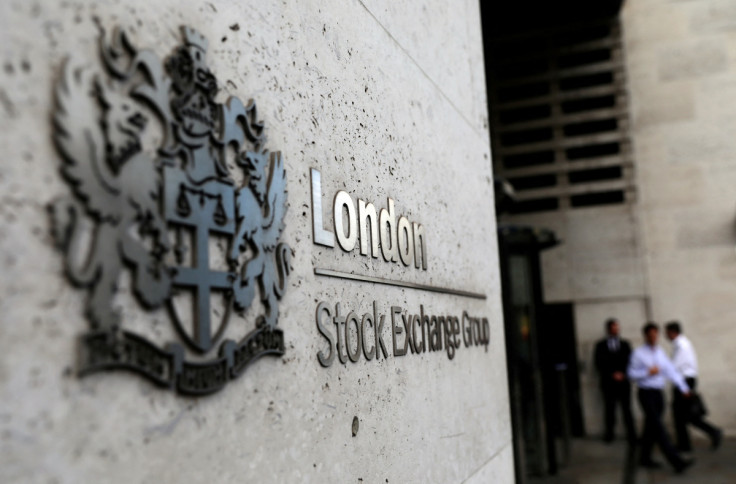UK's Kwarteng refuses to rule out tax U-turn as pressure grows on Truss
British finance minister Kwasi Kwarteng refused to say on Thursday if he would stick with his plan not to raise business taxes as media reported Prime Minister Liz Truss was rethinking an economic programme that plunged markets into turmoil.

British finance minister Kwasi Kwarteng refused to say on Thursday if he would stick with his plan not to raise business taxes as media reported Prime Minister Liz Truss was rethinking an economic programme that plunged markets into turmoil.
Truss's plan, announced last month, has caused a rout in the government bond market, with some investors and Conservative Party lawmakers calling on her to reverse a plan for 43 billion pounds ($48 billion) of unfunded tax cuts, including a move to hold corporation tax at just 19%.
"Our position hasn't changed, I will come up with the medium term fiscal plan on the 31st of October, as I said earlier in the week, and there will be more detail then," Kwarteng told BBC TV in Washington where he is attending a meeting of the International Monetary Fund (IMF).
Asked specifically about whether there would be a reversal of the corporation tax plans, he replied: "My total focus ... is on delivering on the mini-budget and making sure that we get growth back into our economy."
His remarks came after Sky News cited sources as saying discussions were under way over whether to scrap some parts of the plan, and the Sun newspaper said Truss was now considering raising corporation tax after all.
Truss's Downing Street office has repeatedly said the government was not changing course on the plan.
The pound, which has fallen sharply since Truss emerged as the front-runner to become prime minister in August, leapt against the U.S. dollar on the reports and British government bond prices recovered some of the steep losses incurred since Kwarteng's "mini-budget" announcement on Sept. 23.
Quizzed as to whether there were discussions going on back in Downing Street to tear up his package, he said: "I speak to the prime minister all the time, and we are totally focused on delivering the growth plan."
Truss has come under huge pressure from within her governing Conservative Party to change course as polls show support has collapsed, with some lawmakers pondering whether she should be removed from the job only a month after becoming prime minister.
The government has repeatedly said it would stick to most of her tax cut plans while also protecting public spending, but economists and critics say something has to give.
IMF Managing Director Kristalina Georgieva said she had discussed with Kwarteng the importance of "policy coherence and communicating clearly".
"I do believe that it is correct to be led by evidence. If the evidence is that there has to be a recalibration, it is right for governments to do so," she told reporters.
LEADERSHIP
Amid turbulence in the financial markets and plummeting support in the polls, there has been growing vocal criticism of the government's overall plans from some Conservative lawmakers, many of whom who never wanted Truss to replace Boris Johnson as leader.
"If I was Liz Truss I wouldn't wait to be thrown out of office by my party. I hope I'd resign," Tim Montgomerie, founder of the influential ConservativeHome website, said on Twitter.
"The country and markets have resoundingly rejected my signature agenda. It would be entirely self-serving to stay in office without mission, without credibility and without popularity."
Truss's spokesman said she was focused on delivering growth and challenges such as the war in Ukraine. Asked if he and Truss would still be in their jobs next month, Kwarteng replied: "Absolutely, 100%. I'm not going anywhere."
Foreign minister James Cleverly said changing the leadership would be "a disastrously bad idea, not just politically but also economically".
Truss, the 47-year-old former foreign secretary, was elected in September by Conservative members on a promise to snap the economy out of years of stagnation by cutting taxes and reforming areas such as planning, migration and employment.
Any reversal to her plans would be a huge embarrassment.
The mechanism to remove Truss is unclear. Under current rules, lawmakers can only write letters to call for a no-confidence vote when the leader has been in place for a year.
But a fire-sale in the government bond market has driven up borrowing costs and mortgage rates and forced the Bank of England to intervene to protect pension funds.
REALLY ILL PATIENT
The BoE's emergency bond purchases are due to end on Friday but many analysts think it will have to maintain some kind of support with investors still alarmed by the government's plans.
"A central bank is like a doctor: if the patient is really ill, and even if the patient has misbehaved, it is very difficult for a doctor to walk away," said Mohamed El Erian, chief economic adviser at Allianz and president of Queens' College, Cambridge.
There are already signs that a rise in borrowing costs is feeding through into the real economy as higher mortgage costs cool the housing market.
The Royal Institution of Chartered Surveyors said on Thursday that house prices showed the weakest growth in September since early in the coronavirus crisis and they look set to fall with mortgage rates recently jumping further.
The country's largest homebuilder, Barratt, has flagged a plunge in reservations in recent months, causing it to issue a profit warning after what has been a robust few years for the sector.
($1 = 0.9040 pounds)


Copyright Thomson Reuters. All rights reserved.





















